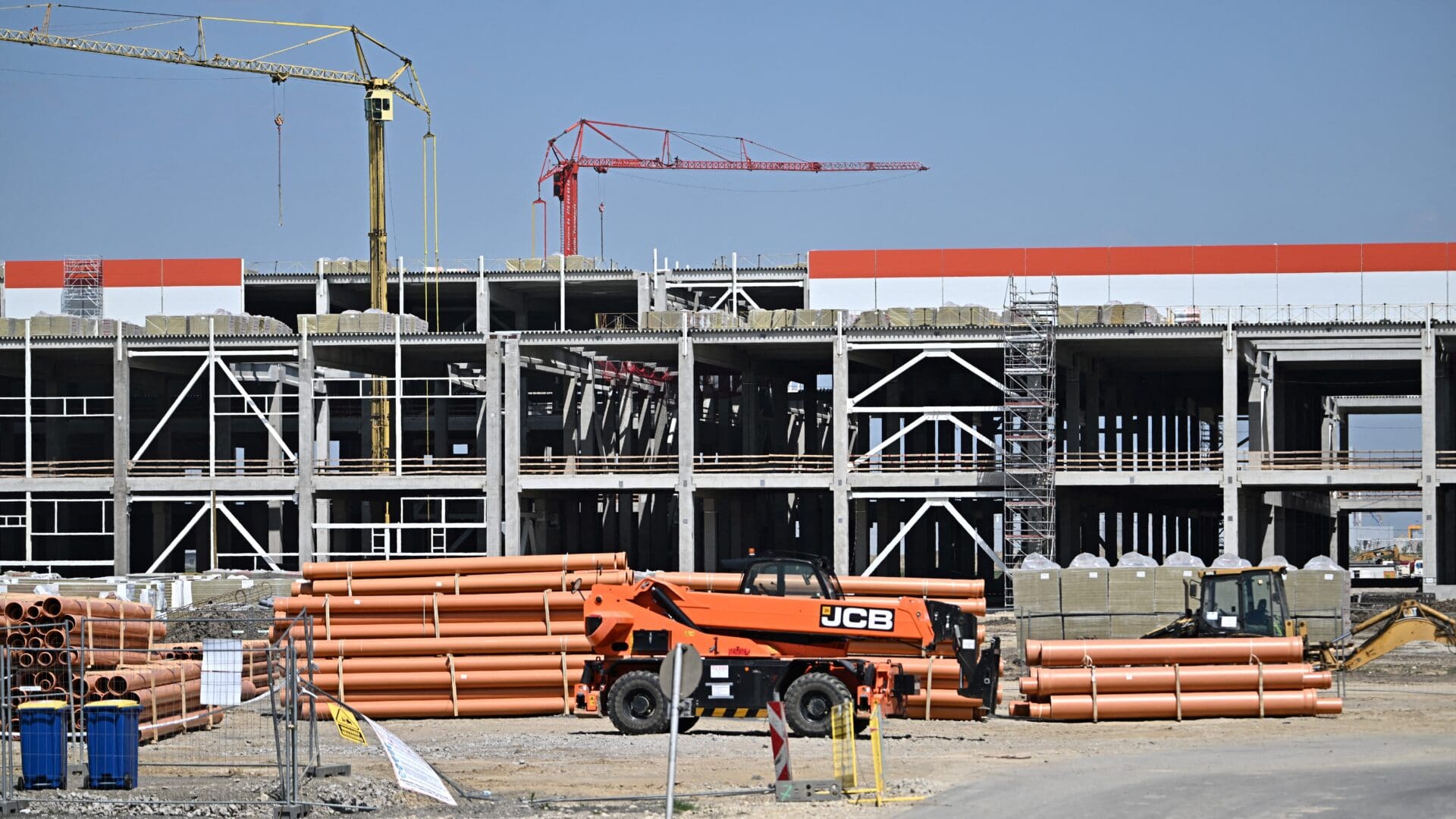Hungary has topped the rankings of Site Selection magazine’s Global Best To Invest, the leading publication for location analysis and direct investment, in the Eastern Europe and Central Asia region, ahead of Lithuania, Poland, Slovenia, and Estonia. It means that Hungary is the most attractive investment location in the region.
The publication notes that despite geopolitical threats and corresponding shifts in public policy, the global economy has remained cohesive, resisting fragmentation along geopolitical and geographical lines. ‘The latest data still show that international flows are growing and very few countries are cutting ties with their traditional counterparts. It is important to recognize the resilience of global flows because a lopsided focus on the threats to globalization could make deglobalization a self-fulfilling prophecy.’
In recent years, Hungary has experienced a substantial rise in direct investment from Eastern countries, largely due to the government’s Eastern Opening policy. According to MTI, the share of direct investment from Eastern countries has increased from 18.8 per cent in 2014 to 34 per cent now.
China stands out among the Asian countries in terms of investment in Hungary.
According to Minister of Economic Development Márton Nagy, Hungary is China’s most significant investment partner in Central Europe. This prominence is underscored by major projects like the construction of battery manufacturing plants by Chinese firms CATL and Eve Power in Debrecen. Additionally, Chinese electric vehicle manufacturer BYD is setting up its first European plant in Hungary—BYD recently surpassed Tesla in global sales number.
Economic cooperation between China and Hungary is poised to accelerate in 2024, following Chinese President Xi Jinping’s recent conclusion of his European tour in Hungary. During the visit, the parties signed eighteen agreements, many with significant economic implications.
Besides China, South Korea stands as a major Eastern investor in Hungary. Additionally, companies from ASEAN and Central Asian countries are increasingly establishing a presence in the country.
Despite recent challenges, investor interest from Western European countries remains strong, with Germany—having long maintained close economic ties with Hungary—leading the way. However, the crises of recent years, including the COVID-19 pandemic, have negatively impacted the level of German investment in Hungary, according to Index.
According to data from the Central Bank of Hungary, German FDI inflows experienced a significant decline in 2020, the year marked by the COVID-19 pandemic, with a reduction of €1.664 billion. However, the figures improved to €266.4 million in 2021, and by 2022, there was a substantial increase to €1.698 billion in positive inflows.
Although only preliminary estimates are available for the full year of 2023, Index reports that the value of German indirect investment in Hungary is expected to exceed €400 million.
Despite the fluctuations, Hungary still leads the region in attracting German investment.
In a regional comparison, while Hungary reported a positive German FDI balance of €300.3 million, the Slovakian economy experienced a deficit of €888.631 million, and the Czech economy closed with a deficit of €141.9 million over the same three-year period.
Related articles:








